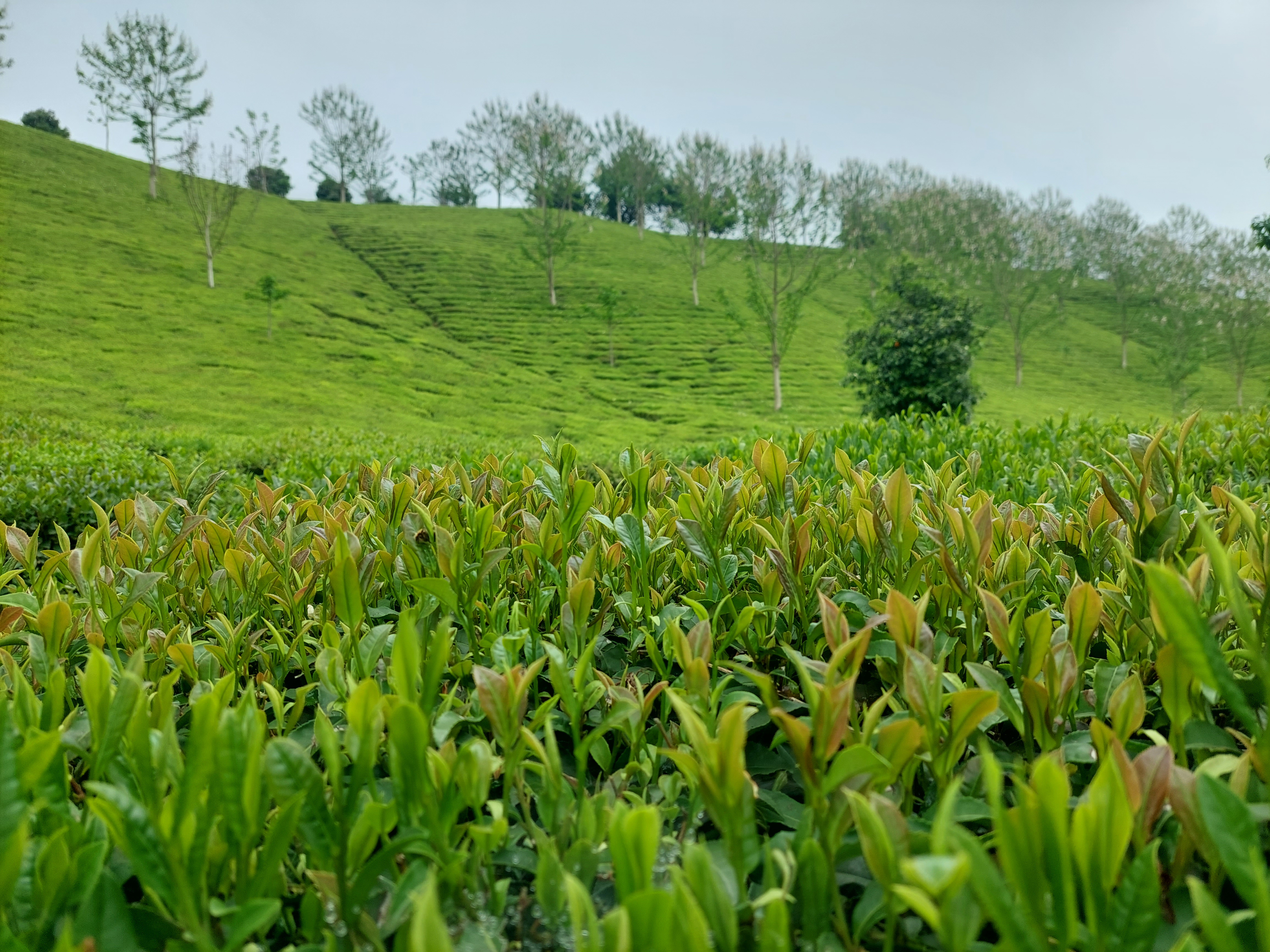Categories
The latest content
-

Customs Clearance & Import Regulations for Bulk Iranian Pinto Beans in EU, Middle East & Africa
..
-

Quality Control & Laboratory Testing Standards for Iranian Pinto Beans
..
-

Logistics & Shipping Solutions for Bulk Iranian Pinto Bean Exports
..
-

Minimum Order Quantity (MOQ) & Bulk Pricing for Iranian Pinto Bean Buyers
..

Tags
Iranian Tea in Azerbaijan; Wholesale Pricing, Market Trends & Consumer Preferences

Iranian tea has found a strong foothold in Azerbaijan, a country where tea is not just a drink but a deep-rooted cultural experience. With a shared border, historical ties, and similar tastes, Azerbaijan represents a strategic export market for Iranian tea producers and suppliers. Here's an in-depth look at the current situation, including wholesale pricing, trends, and what consumers are truly looking for.
Wholesale Pricing of Iranian Tea in Azerbaijan
As of 2025, the average wholesale price of black tea in Azerbaijan ranges between $5.98 to $11.48 per kilogram, depending on the quality, brand recognition, and packaging. Iranian tea, known for its strong aroma and natural drying process (often without artificial color or additives), typically positions itself in the $7 to $9 range per kg in the B2B market.
This price point allows Iranian tea to remain competitive against other imported teas from Sri Lanka, India, and Kenya, which often dominate the higher and middle price segments of the market.
Market Trends in the Azerbaijani Tea Sector
Azerbaijanis consume tea several times a day—traditionally served in pear-shaped glasses (armudu) and often accompanied by jam or sweets. This high level of consumption translates into a consistent and growing demand in both the retail and wholesale sectors.
Recent market trends include:
• Increased interest in organic and pesticide-free teas
Iranian teas, especially from Gilan and Lahijan, are naturally grown and resonate with this trend.
• Demand for unique blends and flavored teas
Blends with herbs, cardamom, or saffron are gaining popularity among younger consumers.
• Rise of boutique and specialty tea shops in Baku and other major cities, offering premium selections.
• E-commerce growth: Online tea sales and international platforms are becoming viable channels for cross-border trade.
Consumer Preferences in Azerbaijan
Azerbaijani consumers favor teas that are:
• Strong and aromatic, with a deep amber color after brewing.
• Naturally produced, without synthetic colors or artificial flavoring.
• Well-packaged, preferably in resealable or gift-style boxes.
• Available in bulk, especially for tea houses and traditional restaurants.
Interestingly, Iranian brands that highlight traditional farming methods and regional authenticity (such as "Lahijan Tea" or "Chalous Blend") are more likely to resonate with Azerbaijani customers.
Conclusion
The Azerbaijani market offers a golden opportunity for Iranian tea exporters. With the right positioning—emphasizing natural cultivation, bold flavor, and cultural similarity—Iranian tea can continue to gain market share in this neighbor country. Staying competitive on price, optimizing packaging for local taste, and focusing on relationship-building with distributors in Baku and beyond will be key to long-term success.



